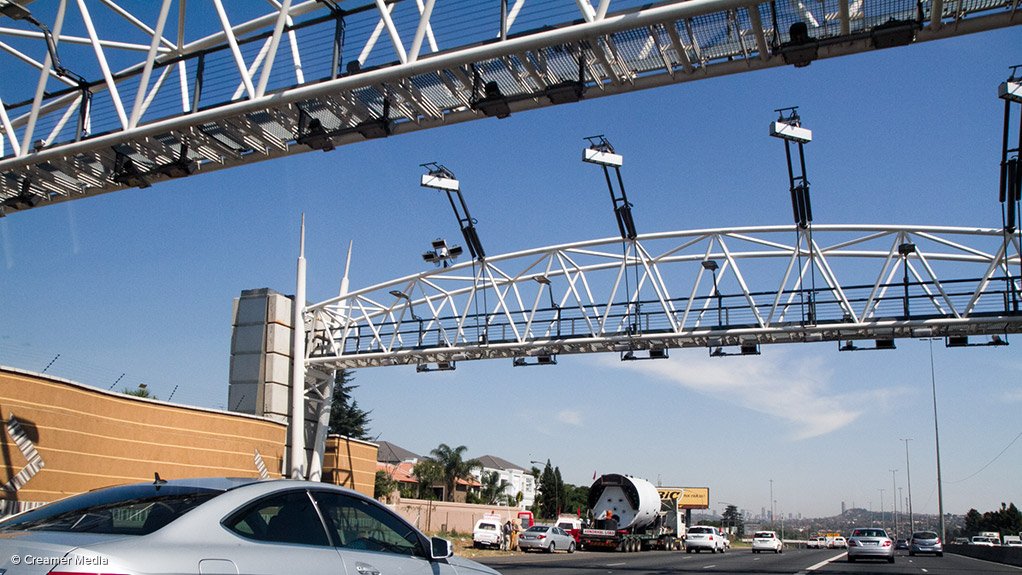GAUTENG Finance MEC Jacob Mamabolo has assured Gauteng residents that the repayment of R12.9-billion to settle Gauteng’s portion of e-tolls debt will not further burden citizens of the province, stating that the debt will be paid by optimising existing sources of revenue and introducing alternative sources of revenue.
During the MEC’s presentation of the province’s 2022 Medium-Term Budget Policy Statement (MTBPS) on November 24, he said a memorandum of understanding (MoU) would be entered into between national government and the Gauteng Provincial Government (GPG) that would address the repayment of the debt in accordance with the 30:70 split announced by Finance Minister Enoch Godongwana during the national MTBPS delivered in Parliament last month.
Godongwana said the GPG had agreed to contribute 30% to settling Sanral’s debt and interest obligations, while the national government would cover the remaining 70%.
Godongwana also stated that Gauteng would have to cover the cost of maintaining the 201 km of roads and associated interchanges that form Phase 1 of the Gauteng Freeway Improvement Project (GFIP), while any additional investment therein would be funded through either the existing electronic toll infrastructure or new toll plazas, or any other revenue source within the GPG’s area of responsibility.
He proposed that national government make an initial allocation of R23.7-billion from the national fiscus to help repay the debt.
Mamabolo said this would necessitate the creation of a framework to bring to finality the long-outstanding e-toll matter and to find ways of funding the second and third phases of the GFIP.
Moreover, the GPG would need to find a way to absorb its portion of the debt.
He said the MoU would address the proposal of a hybrid model for financing the GPG’s e-toll and GFIP obligations, which would have multiple funding sources from the GPG and national government.
The MoU would define an agreeable period for the payment of the GPG’s 30% contribution, while also addressing the need for maintenance of the GFIP Phase 1 roads network.
Moreover, it would address the expansion of the GFIP road network through phases 2 and 3.
Importantly, the MoU would determine the date upon which to switch off the gantries and repurpose them for the express purpose of crime fighting, Mamabolo said.
“With respect to the introduction of the hybrid funding model that excludes e-tolls, let me emphasise that this will be underpinned by wider consultations with the people of Gauteng. It is in this context that we would like to assure residents of Gauteng that we will not compromise our priorities in social services such as health and education,” he said.
Mamabolo confirmed that no allocation for the repayment of the e-tolls debt would be made during the current financial year.
He said that, during the current financial year, the GPG expected to collect R7.2-billion from existing revenue sources, which would be applied towards resourcing provincial priorities.
Part of the efforts towards increasing GPG revenue collection will focus on improving efficiencies through the elimination of loopholes in collection mechanisms, as well as exploring new revenue sources, Mamabolo explained.
These would include new casino regulations, automation of casino licence operations, new bookmakers and bingo licences, the online renewal of motor vehicle licences, vehicle impound facilities and the leasing of vacant land parcels, besides others.
“Other quick wins relate to recovery from fraudulent transactions of motor vehicle licences revenue,” he noted.
Engineering News

